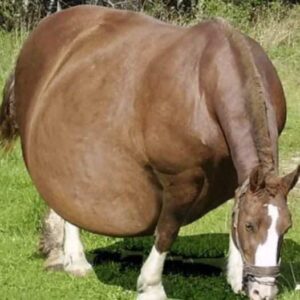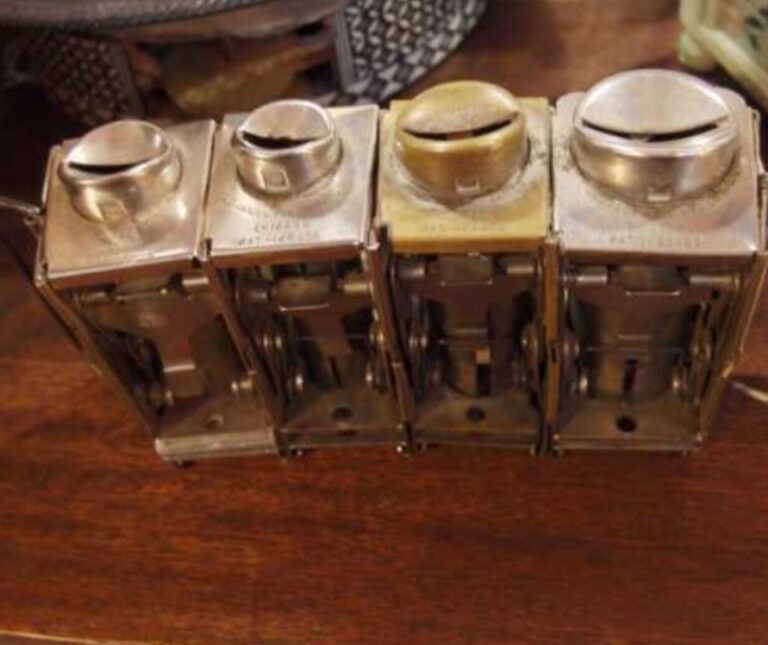In this small town where everyone knew each other, police activity was a rarity due to the low crime rate. Therefore, when the police were summoned to assist with the unusual situation involving Ben’s horse, it brought a sense of excitement to an otherwise quiet day for the local department.
Upon their arrival, the police aided the vet in sedating the nearly lifeless giant horse. However, their involvement didn’t end there; they also approached Ben with an urgent request. Stunned by the unexpected turn of events, Ben was taken aback. He had only sought the vet’s assistance to facilitate his horse’s labor. What could he have possibly done wrong?
Ben, well-versed in the birthing process of horses, knew it to be a relatively straightforward affair. Horses often give birth unassisted, with foals exhibiting remarkable agility moments after being born. Given this, Ben couldn’t comprehend why his situation had escalated to involve the police.
As Ben cooperated with authorities, answering inquiries about himself and his lifelong equine companion, a sense of disbelief emanated from the surgery room. “I can’t believe this!” exclaimed the vet. But what had the vet discovered inside the horse that left them utterly astounded? What revelation had blown their minds?
The intricacies of equine reproduction underscored the challenge Ben faced. Despite horses typically being considered low-maintenance in this regard, achieving a high conception rate often necessitated extensive efforts and veterinary intervention. Thus, Ben found himself navigating a perplexing and nerve-wracking ordeal, with implications far beyond what he could have imagined.







